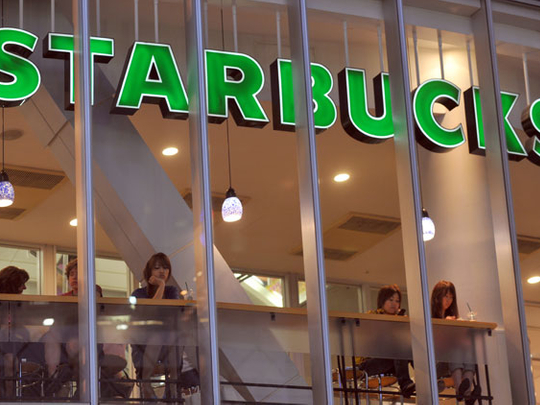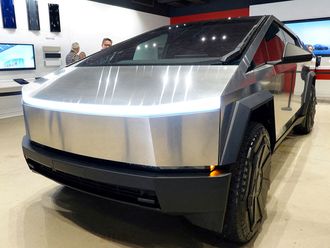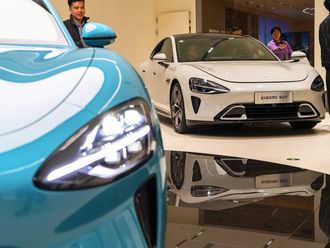
Last month two black men who went to a Starbucks in Philadelphia and did not buy anything were denied use of the restroom and asked to leave.
Then an employee called the police and the men were arrested, prompting protests, boycotts and accusations of racism.
Now, Starbucks has changed its policy.
On Saturday the company announced that "any customer is welcome to use Starbucks spaces, including our restrooms, cafes and patios, regardless of whether they make a purchase."
It added that employees should follow established procedures for "addressing disruptive behaviors," and call 911 in the case of "immediate danger or threat" to employees or customers.
Why coffee costs so much in Dubai
Starbucks coffee in California must have cancer warning, judge says
Previously it might have fallen to store managers to decide whether people could sit or use the restroom without buying anything, The Associated Press reported.
"This is now an established policy for consistency across all of our U.S. company operated stores," Haley Drage, a Starbucks spokeswoman, said Sunday.
The men who were arrested in Philadelphia, Rashon Nelson and Donte Robinson, were waiting for another man, Andrew Yaffe, who is white, for a business meeting on April 12 when the officers arrived. Their arrest was captured in video footage that has been viewed millions of times on social media.
"What did they get called for?" Yaffe asked in the video, referring to the police. "Because there are two black guys sitting here meeting me?"
Starbucks did not press charges and the men were released hours later.
After protests erupted, Starbucks apologized and Kevin R. Johnson, the company's chief executive, released a statement in which he called the arrests a "reprehensible outcome." The employee who called the police was fired.
Starbucks also announced that it would close its stores in the United States on May 29 to give anti-bias training to 175,000 employees.
The company said it had reached a "confidential financial settlement" with Nelson and Robinson. The men also reached an agreement with Philadelphia: Each accepted a symbolic $1 and agreed that the city would spend $200,000 to help young entrepreneurs.












